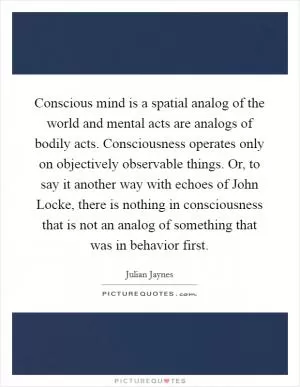Words, in their primary or immediate signification, stand for nothing but the ideas in the mind of him who uses them

Words, in their primary or immediate signification, stand for nothing but the ideas in the mind of him who uses them
John Locke, a prominent philosopher of the 17th century, is known for his contributions to the theory of knowledge and understanding of the human mind. In his work, Locke emphasizes the importance of language as a tool for communication and expression of ideas. He argues that words, in their primary or immediate signification, only have meaning in relation to the ideas they represent in the mind of the speaker.Locke's theory of language is based on the idea that words are arbitrary symbols that are used to convey meaning. According to Locke, words do not have inherent meaning or significance; rather, they acquire meaning through their association with specific ideas in the mind of the speaker. This means that the meaning of a word can vary depending on the context in which it is used and the ideas it is meant to represent.
For Locke, language is a crucial tool for communication and the exchange of ideas. He believed that clear and precise language is essential for effective communication and understanding between individuals. In order for language to fulfill its purpose, it is important for speakers to have a shared understanding of the meanings of words and the ideas they represent.
Locke's emphasis on the relationship between words and ideas has important implications for our understanding of language and communication. It highlights the subjective nature of language and the role of individual perception in shaping the meaning of words. It also underscores the importance of clarity and precision in language use in order to avoid misunderstandings and miscommunication.
Overall, Locke's theory of language emphasizes the importance of the mind in shaping the meaning of words and the role of language in facilitating communication and understanding. By recognizing the connection between words and ideas, we can better appreciate the power and significance of language in our everyday lives.












 Friendship Quotes
Friendship Quotes Love Quotes
Love Quotes Life Quotes
Life Quotes Funny Quotes
Funny Quotes Motivational Quotes
Motivational Quotes Inspirational Quotes
Inspirational Quotes